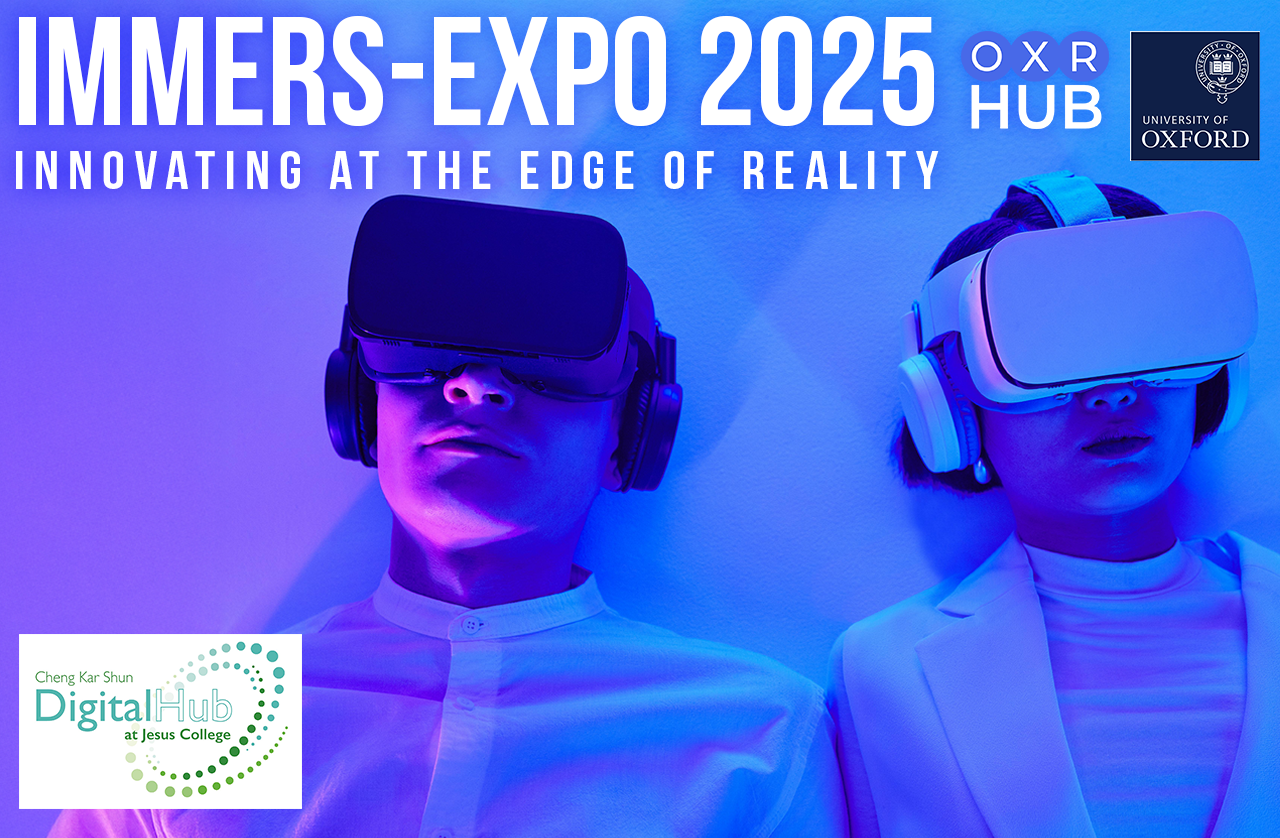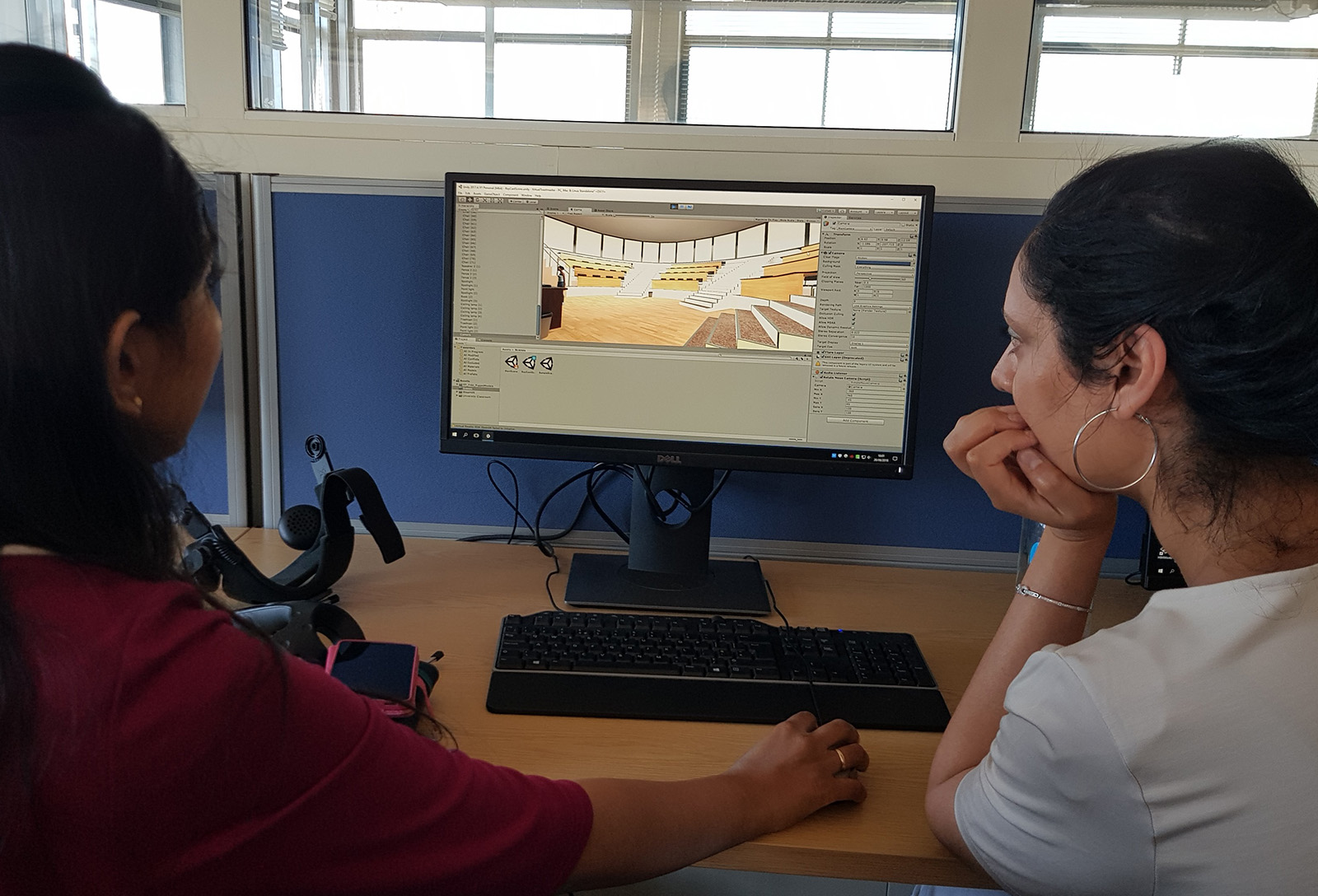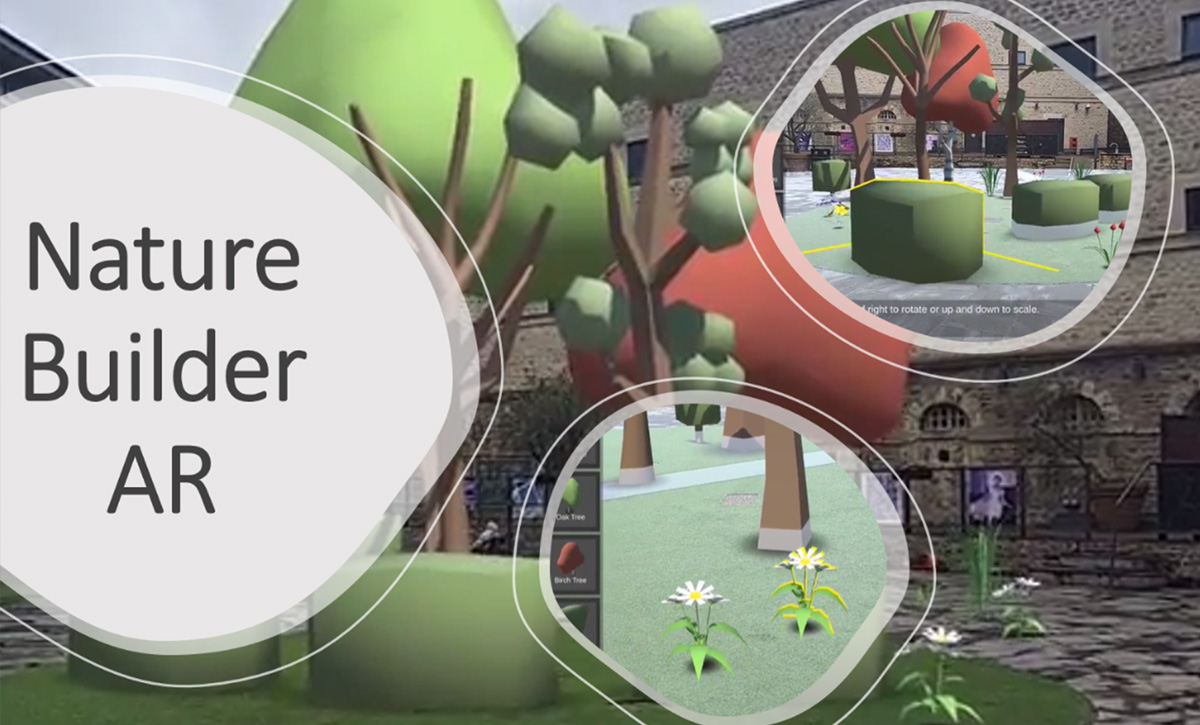Immersive Technologies: Transforming Education in the Digital Age
Immersive Technologies: Transforming Education in the Digital Age
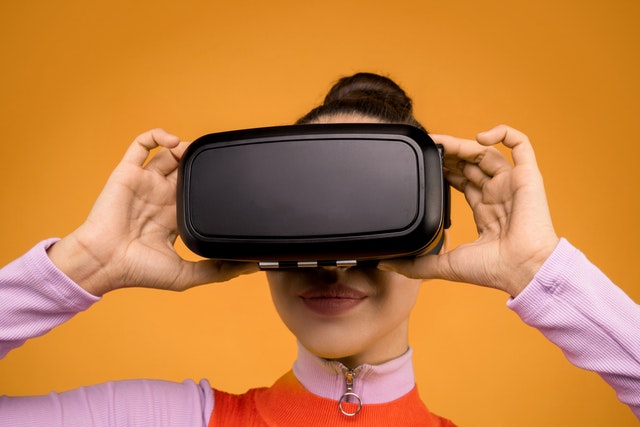
This event, held virtually at the University of Oxford, brought together researchers employing new approaches to learning that harness virtual and augmented reality.
On 17 June 2021, the Oxford (En)coding Heritage Network in collaboration with the OXR Hub organised an event exploring the use of immersive technologies in education. The three talks are available to be viewed online: https://torch.ox.ac.uk/encoding-heritage#tab-1879676
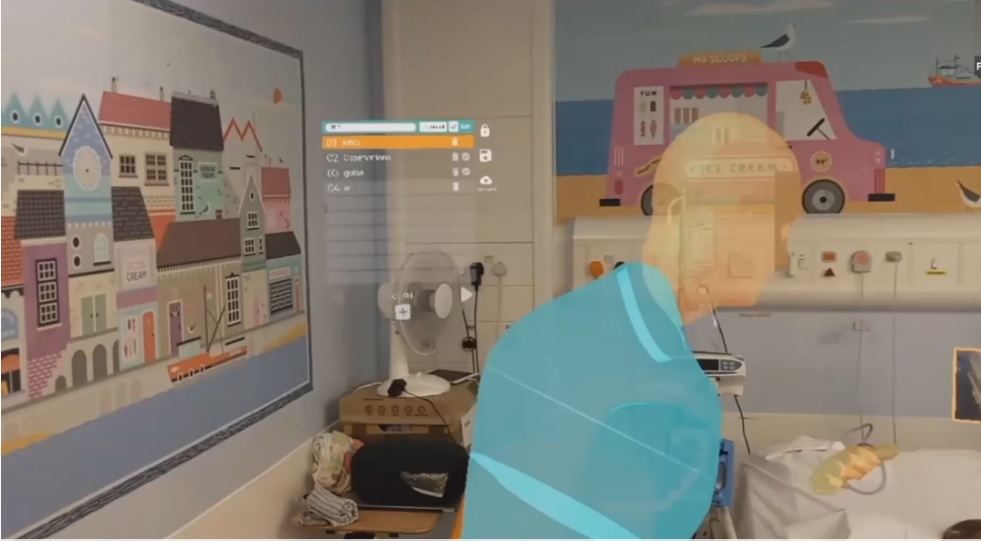
Professor Fridolin Wild from the Open University inaugurated the panel with his discussion on new materials, tools and techniques for augmenting human performance. His presentation provided a glimpse into professional training programmes enriched by the use of augmented reality – a field both technologically exciting and filled with hope for the future. Professor Wild’s argument about reality being transformed into a medium also foretold of the technological and performance revolution which we are entering.
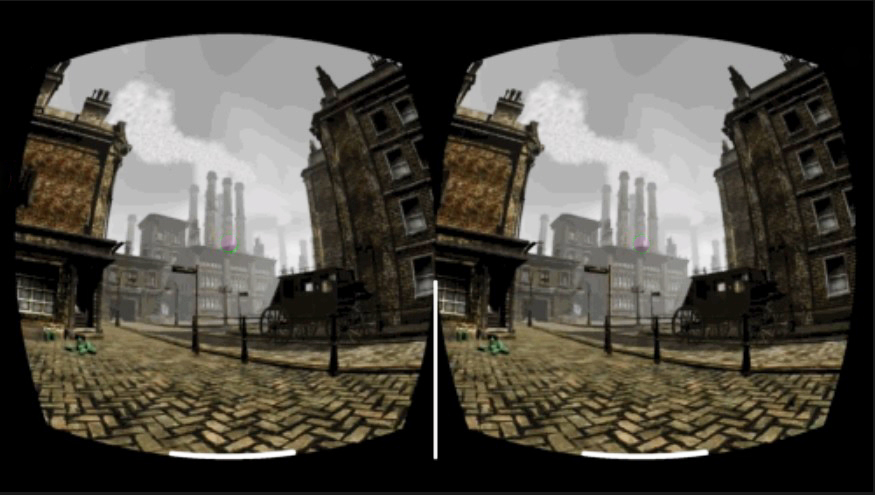
The second presentation, delivered by Abbey Palmer, a DPhil candidate at Oxford University, shed light on the potential of virtual reality in teaching Literature in middle schools, especially in the context of issues generated by the ongoing pandemic. By using accessible technologies, such as mobile phones inserted into Google Cardboards, Abbey and her team at the Oxford X-Reality Hub created a virtual reality application for teaching literature. Through this, the move into the digital age was shown to be socially inclusive, and also an inexpensive means of diversifying education, and responding to contemporary challenges.
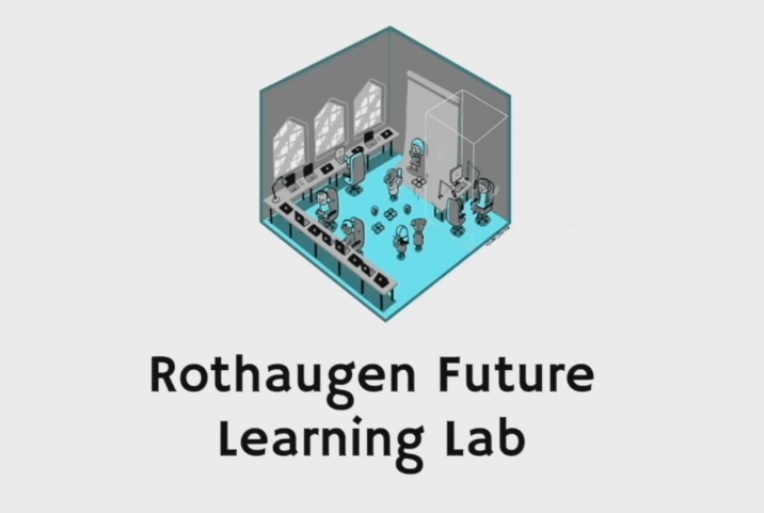
The final talk was given by a team of passionate teachers from Rothaguen, Norway, Terje Pedersen and Sigrid Sjåstad, who shared their experience of using virtual reality (VR) immersion in the middle school classroom. Pedersen and Sjåstad specialise in the humanities and science subjects respectively, employing virtual reality in their teaching. Their enthusiasm and confidence made a strong case for VR being a useful tool for building a more engaging and interdisciplinary future in education.
This session illustrated the practical application of virtual and augmented reality technologies in the classroom, showcasing the promises of these tools in education.
